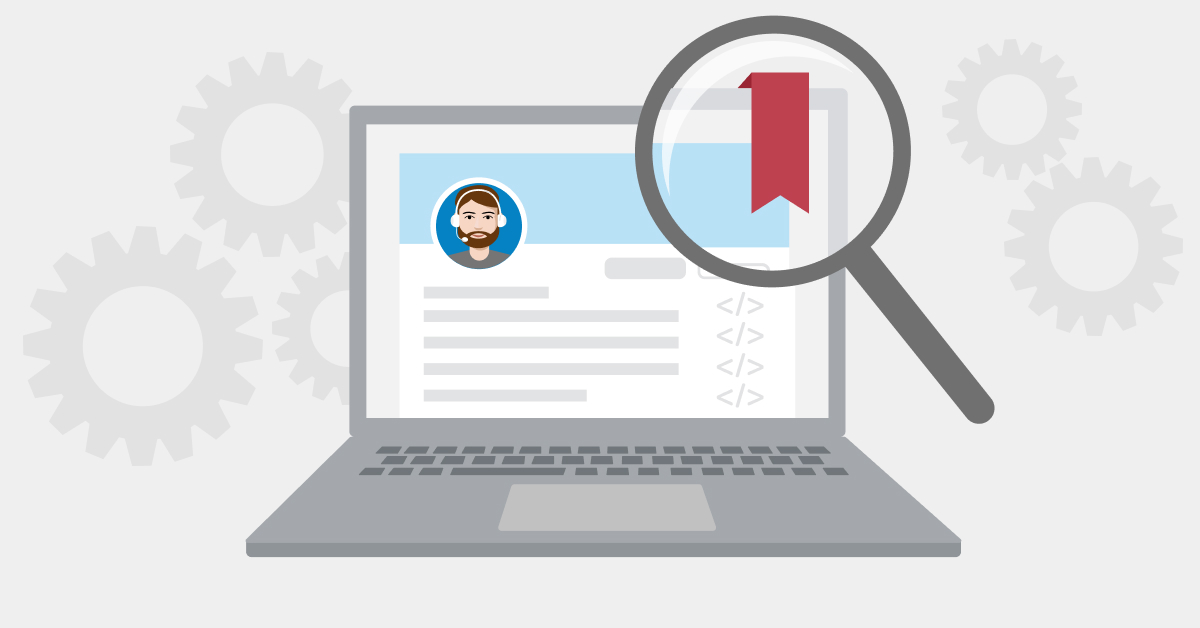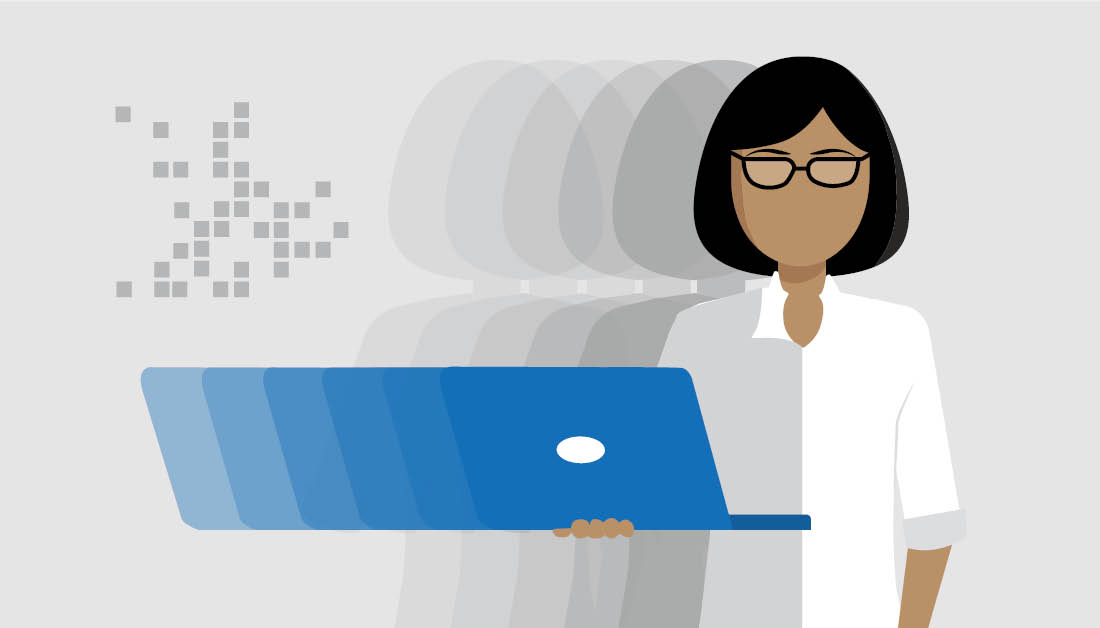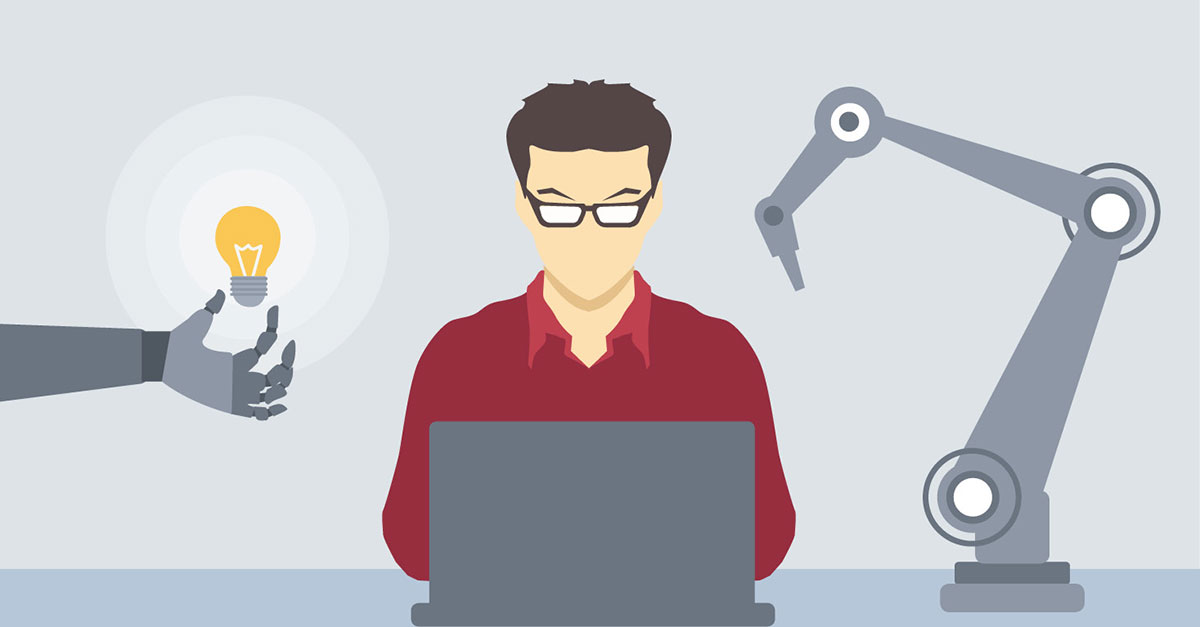Blockchain is triggering an information-sharing revolution. Cryptocurrencies have brought it to the fore, of course, but as a technology it’s an attractive proposition for many industries. How we verify credentials, transfer ownership, and track transactions is being transformed.
So, what’s everyone getting so excited about? For starters, the administration of a blockchain is decentralized, which brings many benefits; it’s virtually impossible to falsify a record and there’s no central point of failure, so it’s resilient to withstand malicious attacks. Add to that the fact that fully secure and validated transactions and document sharing can happen in a matter of minutes, rather than hours or days, and you see how the technology can be of use to business beyond just crypto.
It also explains why the demand for skilled blockchain professionals is now outstripping supply. An August 2021 report published by Indeed shows there was a 118% increase in job postings for blockchain specialists over just one year. Good news for professionals looking to get into this domain, for this supply gap is impacting salaries; the income for an average blockchain developer has skyrocketed to $145,000 in the US. (Note the comparison with the average base salary for a software engineer, which is between $103,000 to $110,000).
Therefore, a career in blockchain makes excellent sense for anyone looking to ride a wave that is sweeping the commercial world. So how do you get started?
Immerse yourself in the world of blockchain
As with any industry or technology, to break into it you need to research and learn.
Even if you already work in software or IT, many of the terms, processes, and concepts will be new. Plus, aside from skills, knowledge is what works in an interview. Jumping forward to that moment you’re discussing with a prospective manager how blockchain can benefit their business, you need to be up to date with the both the jargon and the implications of the technologies involved.
There are a few great ways to achieve this and they don’t all feel like hard work. 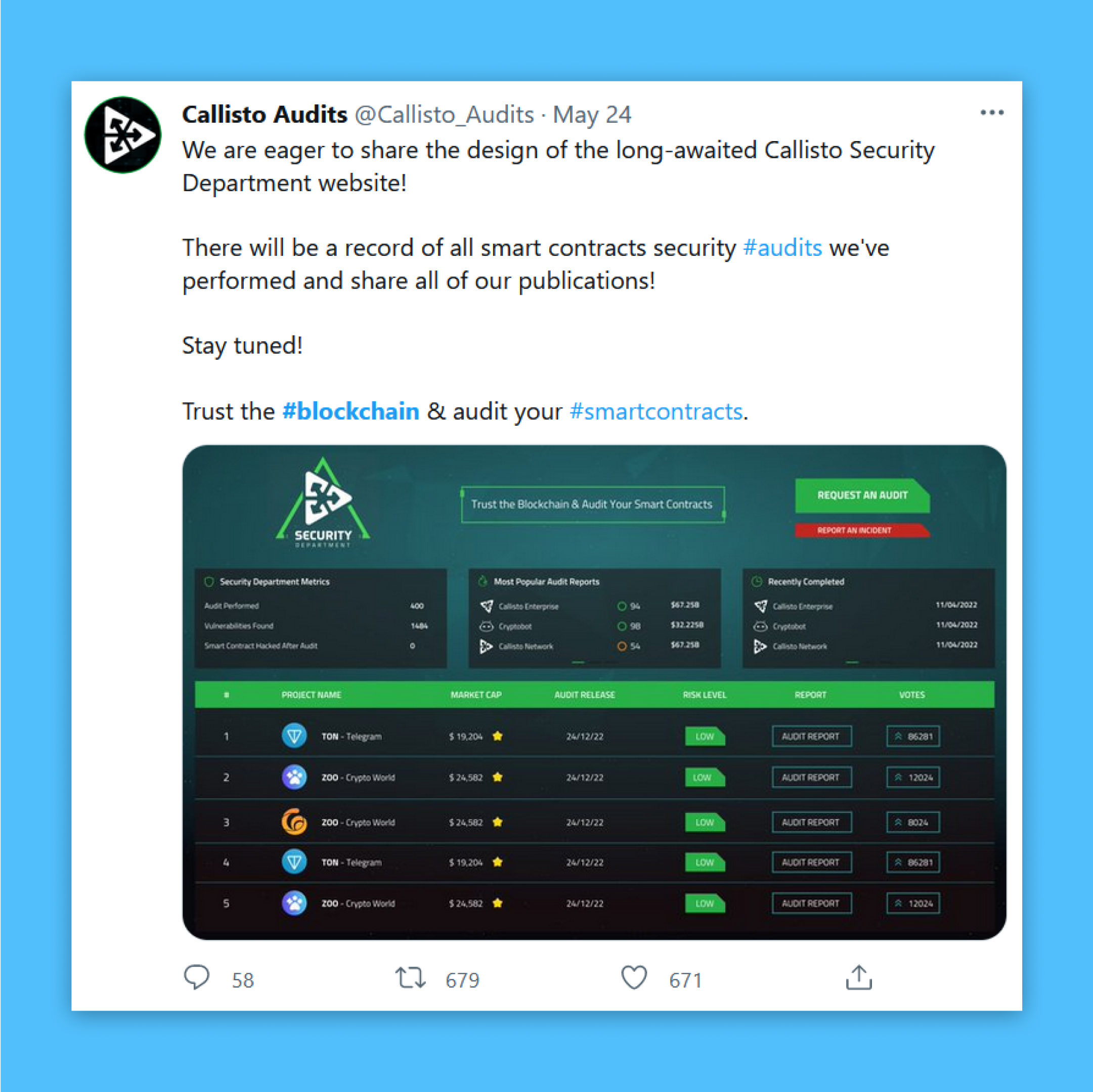
Join blockchain communities
New blockchain communities and groups are springing up all the time. The IEEE (Institute of Electrical and Electronics Engineers) has collated the details of a few, but a search on Google will flush out more. Join some. Get involved. And soak up the chatter and trends.
Start building your professional contacts
If you are not active on social media, you need to be. Reach out to blockchain enthusiasts on LinkedIn and start following tweets about blockchain, cryptocurrency, NFT’s (non-fungible tokens) and smart contracts etc. Once you find the right professionals, connect with them, engage, and learn.
Participate in blockchain events
The blockchain community is active and events are often taking place. If you search on Google, you’ll be surprised how much is going on. The thing is, when you start participating in these events, you start to build up your network of contacts. Managers, developers, recruiters… they’re all attending… and who knows, you could end up rubbing shoulders with the next unicorn entrepreneur.
Get serious about developing the right skills
While you’re immersing yourself within the industry and gaining knowledge, you should also begin the process of skilling yourself technically. Some of the key concepts you’re going to need to get under your belt include:
- Smart contracts
- Cryptography
- Decentralized distributed ledger
- Consensus mechanism
- Distributed computing
These buzzwords aren’t just throwaway terms, they cover key competencies you need to start building now. So, if you aren’t in the fortunate position of being able to learn on the job, the best place to start is with a course.
Learn the fundamentals first
If your daylight hours are busy, then enrolling onto a self-paced course covering the blockchain fundamentals will enable you to learn in your own time. The great news is, to gen up on this you don’t need to be a coder or understand programming languages; so don’t let that hold you back from getting started.
Once you have a good grasp of the fundamentals, you should then look for courses that will provide you with an industry-recognized certificate and hands-on lab practice. That way you’ll be building skills and gaining certifications you can put on your resumé and LinkedIn profile that highlight you’ve learned from experts.
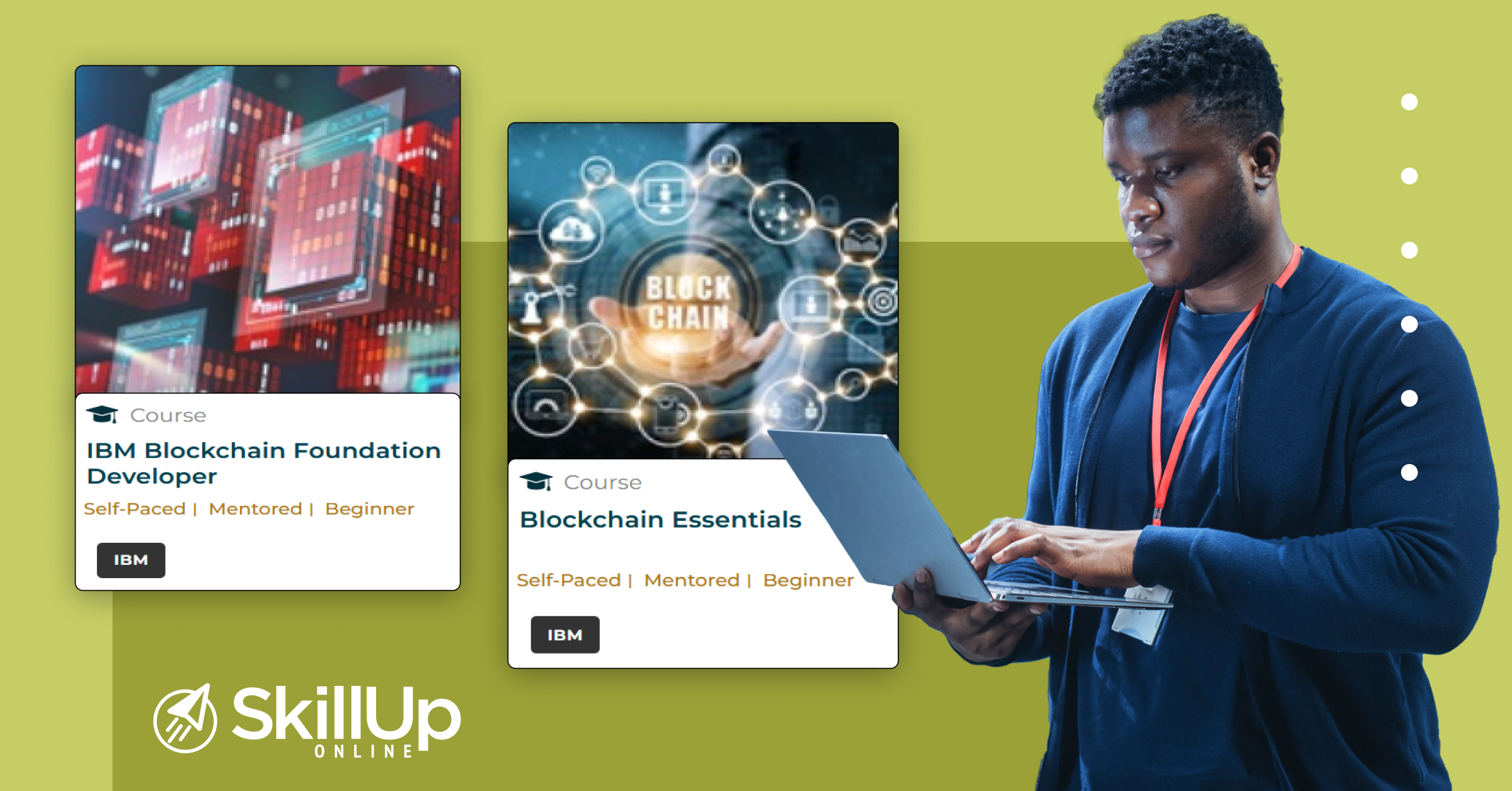
Consider your blockchain career options
As you acquire the necessary skills to get into this field, it’s useful to understand what employment route you want to take. For that, consider the various job roles available. Examples include:
Blockchain Developer
This role involves creating applications using blockchain technology. It is by far the most in-demand job opportunity for skilled blockchain experts. On LinkedIn in March 2022, there were over 18,300 jobs posted for this position in the United States alone.
To become a blockchain developer, you need an understanding of blockchain architecture, cryptography, web development, python, C++, and XML.
Blockchain Architect
As a blockchain architect, your role is to connect the various blockchain features, tools, and solutions and coordinate with other stakeholders.
The skills that you need include knowledge of React, Python, CSS, HTML, Data Science, DevOps and Cryptography.
Blockchain Administrator
When you become a blockchain administrator, you will be required to develop and manage the entire blockchain infrastructure. To achieve this, you will need a strong understanding of server-level technologies, virtualization, networking services and protocols.
Blockchain Engineer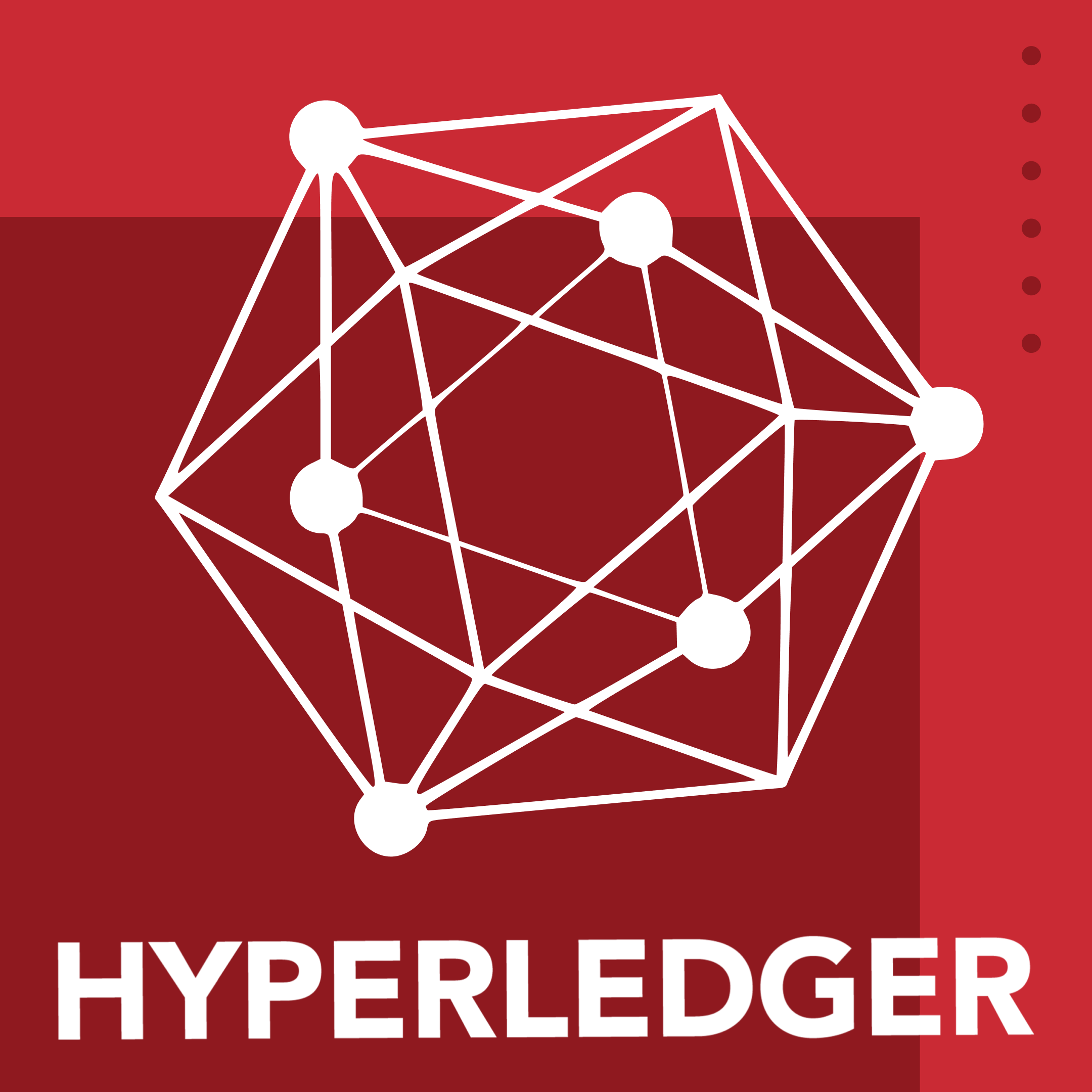
As a blockchain engineer, you will be required to design, develop, and implement blockchain developed solutions, including smart contracts. Typically you will start as a blockchain developer and work your way up to becoming a blockchain engineer.
To excel in this role, you’ll need to understand Hyperledger and how to build decentralized applications with Ethereum, ICO and the fiscal aspects of blockchain.
Blockchain Analyst
There are two distinct paths within this role: business analysis and risk analysis. While a business analyst’s role is to develop appropriate business processes and to carry out analyses of potential areas of improvement, a risk analyst explores and offers effective risk mitigation solutions. A strong understanding of blockchain technologies and data science is vital for both positions.
Blockchain Project Manager
A blockchain project manager is essentially the liaison between the blockchain development team and the stakeholders. Large software companies take up blockchain development projects and use the services of a blockchain project manager to execute the project.
As a blockchain project manager, apart from a strong fundamental knowledge of blockchain, you should also have outstanding project management skills
Blockchain UX designer
As a blockchain UX designer, your job will primarily be to create user-friendly interfaces that engage consumers as they use the software. You will need to have a strong understanding of how blockchain works as well as good skills in UX design.
Finding the right career in blockchain
Once you have acquired the skills and competencies required, the last part is finding the right job. Today, the demand for blockchain professionals runs across many industries.
A good way to find the right position is to explore platforms such as Monster, Indeed, LinkedIn, and Glassdoor. However, another option is Crypto Boards. Crypto Job Boards specifically focus on crypto and blockchain jobs, and whether you’re looking for an entry-level or more advanced role, you’ll find something to investigate further.
Start building your blockchain career now
If blockchain technology interests you, now is the time to skill up. Once you have grasped the fundamentals, you can then decide on the career path you would like to pursue. After that, with the right skills, success will be based on your passion for the field. Throw yourself into it, build your knowledge, and you will be sure to enjoy a very rewarding career.

